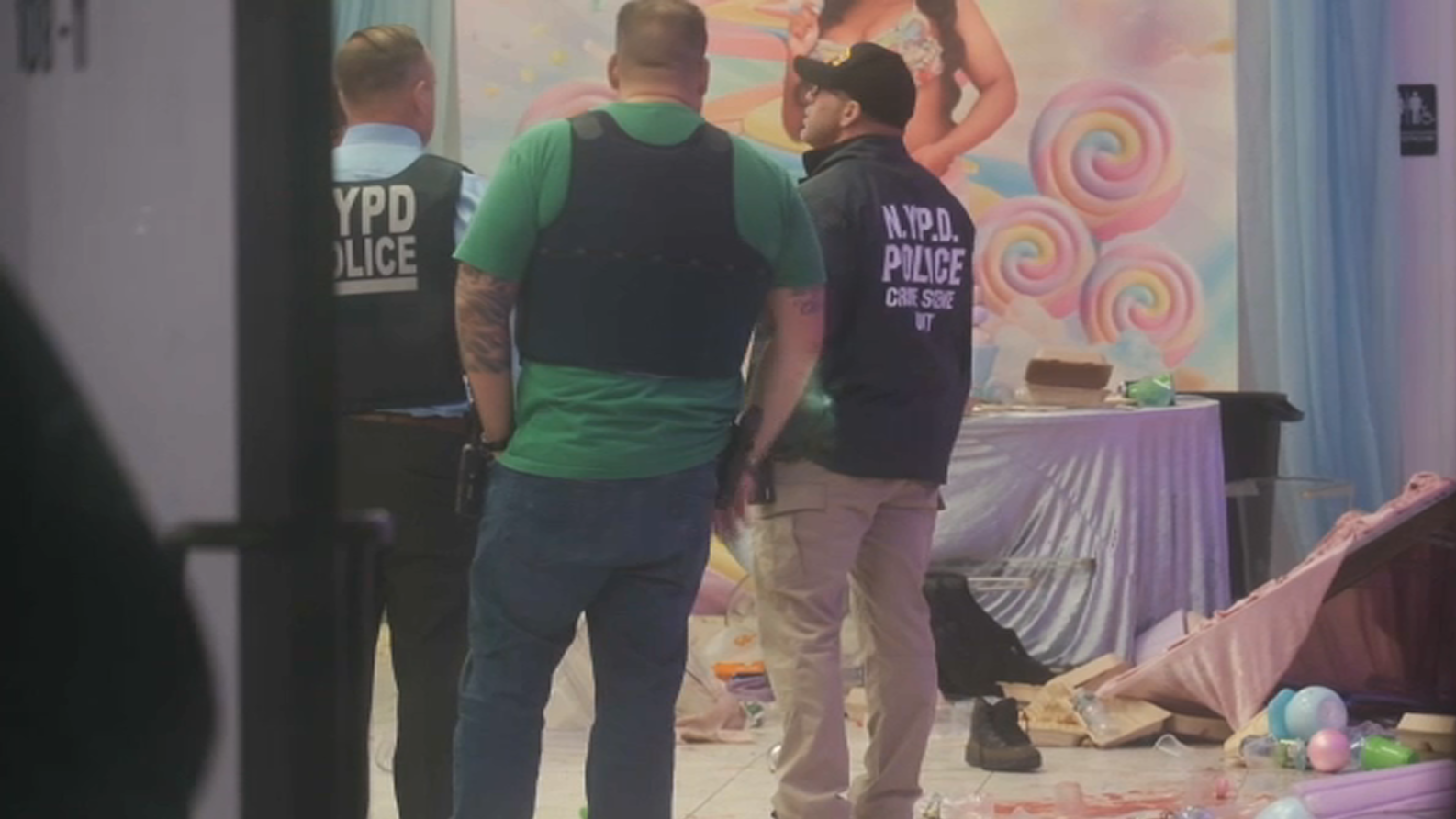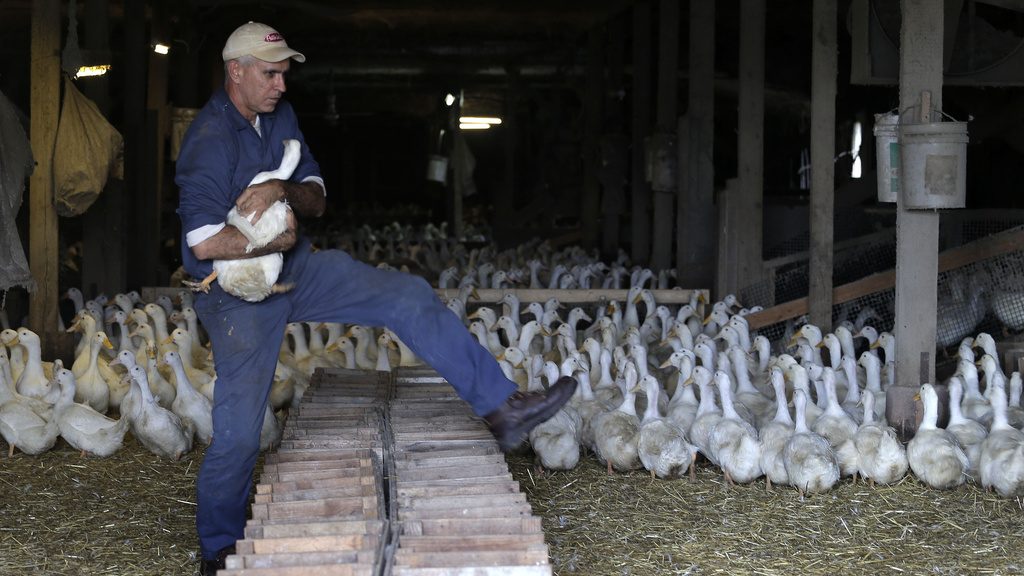The city is actively monitoring nearly 120 people who have recently returned from Ebola-stricken countries out of an abundance of caution. Andrew Siff reports
The city is actively monitoring nearly 120 people who have recently returned from Ebola-stricken countries out of an abundance of caution as it seeks to prevent the spread of the deadly virus, Mayor de Blasio's administration said Thursday.
Marti Adams, a spokeswoman for the administration, said most of the 117 people being monitored arrived in New York City from Guinea, Sierra Leone or Liberia on Oct. 11 or later. Active monitoring means state or local health officials establish regular communication with the individuals, rather than relying on them to self-monitor and report potential symptoms.
The list of people being monitored includes members of the staff at Bellevue Hospital Center who are caring for Craig Spencer, New York City's first and only confirmed case of Ebola.
Spencer tested positive for Ebola last week after developing a fever nearly two weeks after he returned to his Harlem home following a Doctors Without Borders stint treating patients in Guinea.
The emergency personnel who transported Spencer to the hospital and the lab workers who handled Spencer's blood are being monitored, along with Spencer's fiancee and two friends who had close contact with him in the days before he got sick. None has shown symptoms to this point.
Adams said the number of people being monitored is subject to change on a daily basis as more travelers from the countries affected by Ebola arrive in the city, as travelers leave the city and as the 21-day incubation period ends for people already being monitored.
Meanwhile, the city's Ebola response is expected to cost "many millions" of dollars, the mayor's office said earlier this week.
Local
The Office of Management and Budget is gathering the financial details to date and computing future expenditures as it works to develop a full accounting of the costs of Ebola preparation and treatment.
But the anticipation is that the costs "will be significant," Adams said. She added that the city would seek federal assistance.
On Thursday, Gov. Cuomo added two hospitals to the list of facilities designated to treat potential Ebola patients in the state. Ten hospitals are now equipped to do so, and the governor said more were expected to be added to the list. Also Thursday, Cuomo and Mayor de Blasio announced they will create a program of financial incentives and other employment protections to encourage health care professionals to take Ebola assignments in West Africa to help contain the disease.
Several sick patients have been taken to local hospitals over the last few weeks with fevers or flu-like symptoms, though not all have been tested for Ebola. A 5-year-old Bronx boy was tested for the deadly virus after falling ill Sunday night following a trip to West Africa, but authorities said Tuesday he had a respiratory infection and would be removed from an isolation room.
Ebola has early symptoms in common with diseases like malaria, salmonella, cholera and the flu, and though the chances of the average New Yorker contracting the virus are slim, health officials are conducting tests in select situations out of an abundance of caution to ensure no outbreak.



